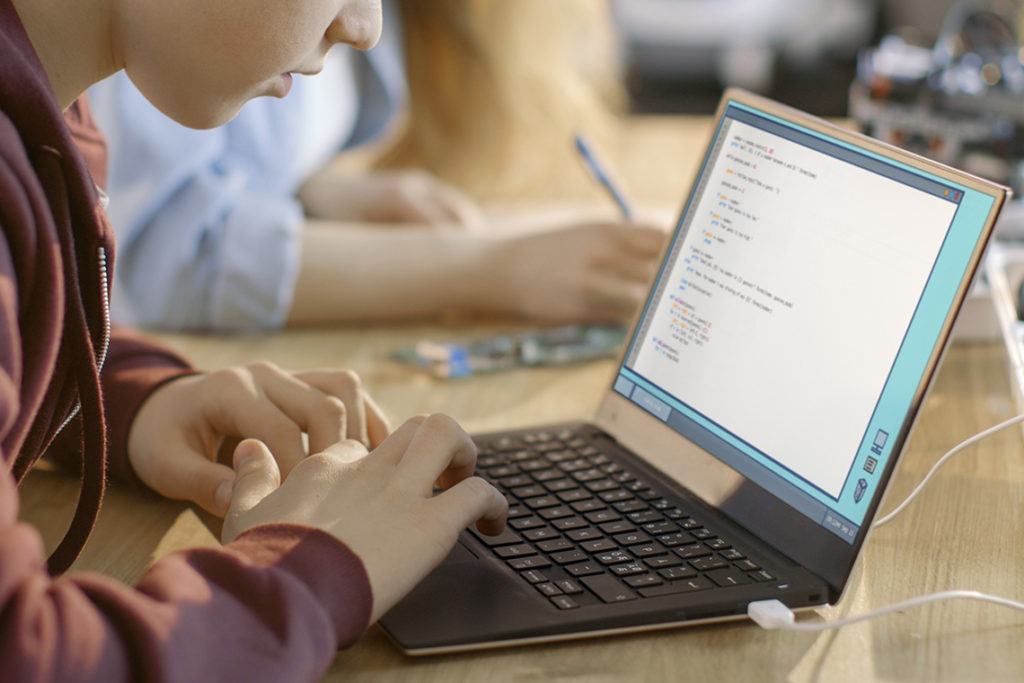
One of the main concerns a parent may have around their child’s online activity is potential exposure to inappropriate content.
Having access to the vast array of content and information which the online world presents carries many benefits, as well as risks. While there are some potential dangers to children online, there are many things you as a parent can do to help ensure your child is safe.
What is Inappropriate Content?
Firstly it’s important to understand what ‘inappropriate content’ is. Online content can be inappropriate for a number of reasons – for example:- It may not be age-appropriate for your child
- It may contain pornographic images/language/videos
- It may contain violent images/language/videos (including violence towards people and animals)
- Gambling sites/apps
- Sites may encourage harmful activities for example: self-harm, hate speech / enticement to hatred, encouraging abnormal eating behaviours (e.g. anorexia, bulimia), bullying, crime, terrorism, eating disorders, suicide, or other risky behaviours.
- Unmonitored chat rooms
So what can I do?
As a parent the most effective thing you can do is to speak to your child about this. Have a very open conversation about what inappropriate content is – ask your child what their views are, how they would feel if they saw something inappropriate or upsetting and what they would do in that situation. By creating this safe space to explore difficult topics with your child, you are empowering them by letting them know that some of what they may see online is not ok. You are reassuring them, support them and informing them that they have a right to be safe at all times – including when they are online. Children and young people access the internet through various mobile devices, for example: phones, tablets and laptops. They access the internet for social, learning or educational purposes, as well as for recreation (e.g. watching movies/YouTube). Some children and young people come across inappropriate content inadvertently while others, through curiosity, seek this content out. By having an open conversation with your child, you can creating an awareness of the potential risks but also of the options they have to protect themselves in these situations. Here are some more tips that can help you manage risks:- Install parental safety controls on devices
- Allocate dedicated online time in the home (e.g. no internet access after a particular time)
- Monitor your child’s activity in a positive way
- Familiarise yourself with popular apps by searching ‘What’s Trending’ in the app store
- Familiarise yourself with app PEGI ratings
- Have regular and open conversations about life online
For more information, articles and videos about online safety, visit our Digital Ready Hub.
